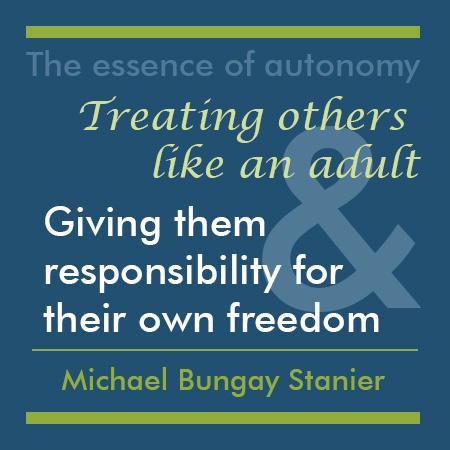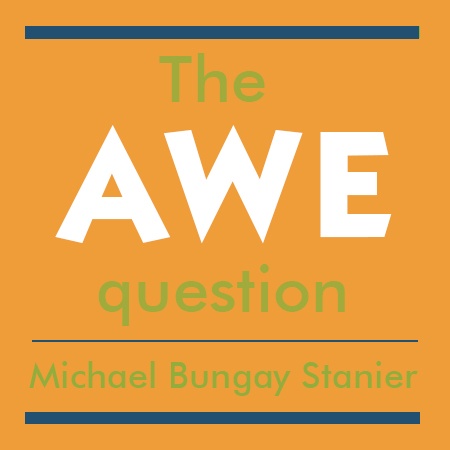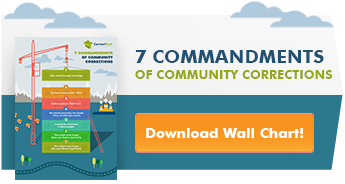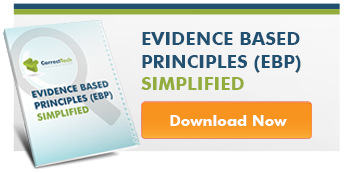“And what else?” is perhaps the most important question in the The Coaching Habit: Say Less, Ask More and Change the Way You Lead Forever. While technically the second question presented, it should be the most oft repeated question by far. According to the author, Michael Bungay Stanier, the AWE question works like magic, and he declares it to be the “The Best Coaching Question in the World.” He explains, “With seemingly no effort, it creates more – more wisdom, more insights, more self-awareness, more possibilities – out of thin air.”
It is a challenge to develop the habit of asking this question because your Advice Monster will discover the problem and the solution to the problem very quickly. The human brain does not like ambiguity and pushes us to find clarity, the quicker the better. Like most unhelpful habits, awareness that you have an Advice Monster is a critical first step. The recovery process is simple but not easy. Whenever you feel the urge to offer advice, insert “And what else?” in its place. (I purchased an ugly cartoon monster for all of my staff and we all have it on our desk as a reminder that the Advice Monster is alive, well and eager to take over as soon as you let your guard down.)
Read More







